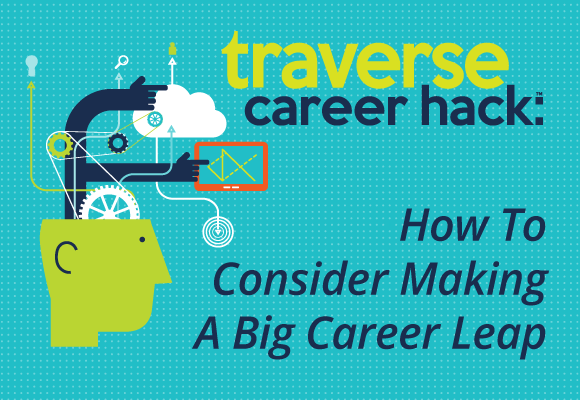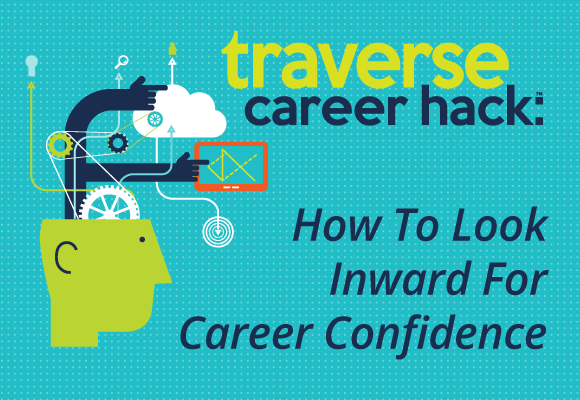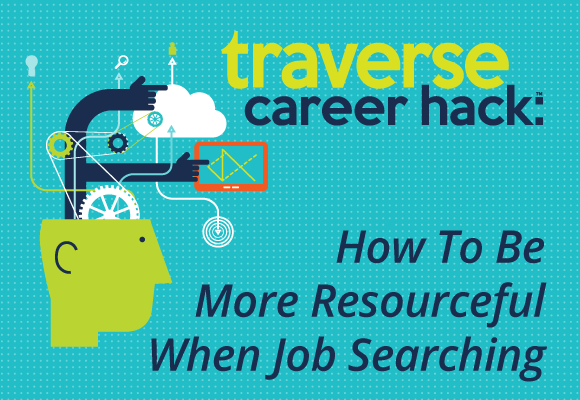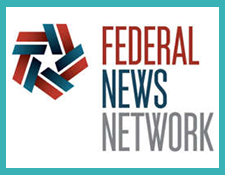- Written by Ellen Barker Dunagan
- Published:

If you have ever thought “I would love to make a big career move!” you are not alone. What often comes next, however, is: “I could never do it, though.”
But….what if you did?
Taking a big career leap (BCL) is not the same thing as other professional goals such as aiming to meet your annual performance metrics, or challenging yourself to go to more networking events, or, give more regular feedback to your team members.
Taking a big leap is life changing. It can be daunting. You might not know where to start. You might be unsure if you have the resources. It might not be the right time in your life.
But with exploring and moving it forward bit by bit – it just MIGHT be possible.
Instead of: Shelving your BCL because the timing is wrong, you will fail, or the best one: “What will people think!?” ....
Try: Exploring your BCL – and then decide if it can be done.
- Name it. Write it down. Say it out loud. Give your BCL room to stay. To take up space. Not shooing it away mentally is going to help you keep your dream present and make you more comfortable with the idea. AND keep that exciting energy – the hope of possibility – alive with it.
- Deliberately explore it. I had a coaching client who hired me to help with making a BCL, which, in her case, meant leaving corporate life to start her own business. We spent our initial sessions exploring: What services would she be offering? How would she get her first client? What would she name her company? What would her pitch be to potential clients? What was her timeline? Staying in this deliberate exploration phase brought to life not only what was possible, but what she had already been imagining.
- Identify what you have learned. This step is important. For my client, a key takeaway was that she didn’t have some of the information she would need to make her BCL. For example, she needed to ensure that she would not be required to sign a non-compete agreement if she left her company, which might inhibit her from getting the client she had identified in the exploration phase.
- Challenge yourself. After taking the time to stay with your BCL, keeping it present and exploring the possibility of it, it’s time to move forward. Take one action. ONE step in the direction of that leap. For my client, one next step was to write the home page of her website and find someone to design her logo. Whatever the next step is, no matter how small, take it. The important thing is to DO IT.
- You get to decide. You have cleared a path and can see your BCL very well be may be possible. And not as scary or as challenging as you originally thought. It takes time, clarity, and a lot of mental strength to really go for that next big move with your career. The good news is always this: your career is yours, and no one else’s. It’s for you to forge, be creative with, and take it to new heights – if you want to and when you’re ready. You know better than anyone else if the leap is right, or, right for you right now.
We can build our professional careers in a series of small moves or in one big leap, like my client who started her own business. If you are considering a big leap – go for it. Don’t shrink from it. It may be much more possible than you ever thought.
And my client? Well, she started her new business so quickly after we started working together even I was surprised! But, it told me how ready she was to take that BCL all along.



